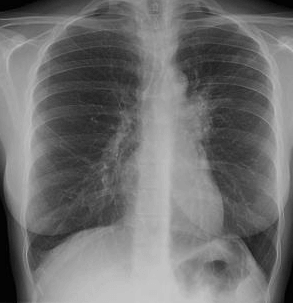Low Blood Pressure
Definition:
Low blood pressure (hypotension) would seem to be something to strive for. However, for many people, low blood pressure can cause symptoms of dizziness and fainting. In severe cases, low blood pressure can be life-threatening.
Signs & Symptoms:
For some people, low blood pressure can signal an underlying problem, especially when it drops suddenly or is accompanied by signs and symptoms such as:
Dizziness or lightheadedness
Fainting (syncope)
Lack of concentration
Blurred vision
Nausea
Cold, clammy, pale skin
Rapid, shallow breathing
Fatigue
Depression
Thirst
Cause:
Blood pressure is a measurement of the pressure in your arteries during the active and resting phases of each heartbeat. Here’s what the numbers mean:
Systolic pressure. The first (top) number in a blood pressure reading, this is the amount of pressure your heart generates when pumping blood through your arteries to the rest of your body.
Diastolic pressure. The second (bottom) number in a blood pressure reading, this refers to the amount of pressure in your arteries when your heart is at rest between beats.
Current guidelines identify normal blood pressure as lower than 120/80 mm Hg.
Although you can get an accurate blood pressure reading at any given time, blood pressure isn’t always the same. It can vary considerably in a short amount of time sometimes from one heartbeat to the next, depending on body position, breathing rhythm, stress level, physical condition, medications you take, what you eat and drink, and even time of day. Blood pressure is usually lowest at night and rises sharply on waking.
How To Cure:
- Salt Water
Salt water helps treat low blood pressure because the sodium in salt increases blood pressure. Do not overdo this remedy though, as excess salt can prove to be unhealthy. Simply mix one-half teaspoon of salt in a glass of water and drink it. You can also drink sports beverages.
- Coffee
Having a cup of strong coffee, hot chocolate, cola, or any caffeinated beverage can also temporarily increase your blood pressure. If you frequently suffer from low blood pressure, drink a cup of coffee in the morning or have it along with meals, especially when dealing with orthostatic hypotension. But, do not make it a habit because the long-term effects of caffeine are not clear.
- Raisins
Raisins are a traditional Ayurvedic remedy that is considered excellent for treating hypotension naturally.
Soak 30 to 40 raisins in a cup of water overnight.
Eat them in the morning, one at a time, on an empty stomach. You can also drink the water in which the raisins were soaked.
Follow this remedy for a few weeks or even a month.
You can take about four to five almonds, 10 to 15 black currants, and 15 to 20 peanuts along with a glass of milk.

